hardiness of plants
staticx
15 years ago
Related Stories

LANDSCAPE DESIGNGreat Design Plant: Retreat to the Shade of Hardy Catalpa
Big foliage and a towering height provide a shady respite in summer, but that's not all hardy catalpa offers dedicated gardeners
Full Story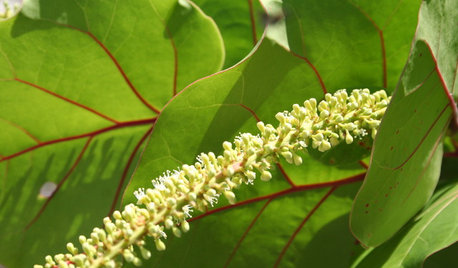
GARDENING GUIDESGreat Design Plant: Sea Grape, a Hardy Coastal Delight
Up to the high-tide line or even indoors, sea grape draws smiles for its looks and cheers for its tenacity
Full Story
GARDENING GUIDES10 Cold-Hardy Succulents for Cool-Season Interest
These attractive plants shrug off colder temperatures, and many can be brought inside in containers in extra-chilly climates
Full Story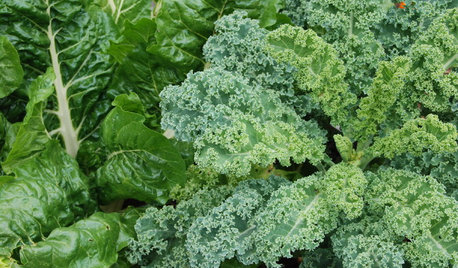
FALL GARDENINGFrost-Hardy Foliage That Loves a Cold-Climate Garden
When winter cuts a bleak swath through other plants, these edibles and perennials flourish brilliantly
Full Story
GARDENING GUIDESHow to Find the Right Plants for Your Garden
Break free from choosing plants by cold-hardiness zones for a beautiful landscape that thrives year-round
Full Story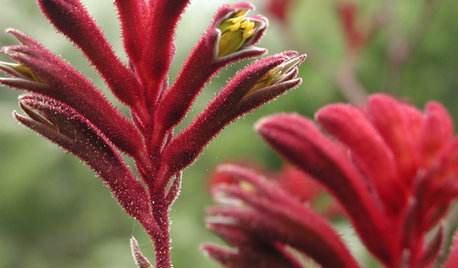
GARDENING GUIDESGreat Design Plant: Red Kangaroo Paw
Plant this dramatic perennial in fall or spring for its height, hardiness and beautiful red blooms
Full Story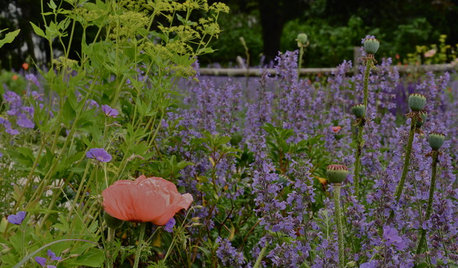
GARDENING GUIDESGreat Design Plant: Walker's Low Catmint
Prolific purple blooms, fragrant leaves, and cold-hardiness makes this a go-to plant for almost any garden
Full Story
RED FOLIAGEGreat Design Plant: New Zealand Flax
A commanding presence, year-round foliage and a hardy nature make flax a winner in the landscape even in fall and winter
Full Story
GARDENING GUIDESGreat Design Plant: Lilac Vine for a Purple Profusion in Winter
Grow this pretty, hardy vine on a fence or as a ground cover for blooms throughout the colder months
Full Story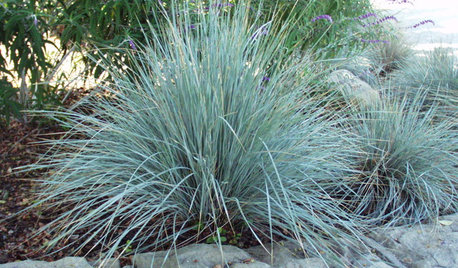
BLUE AND GRAY FOLIAGEGreat Design Plant: Blue Oat Grass
For soothing coolness in a garden or container, this evergreen grass is the low-maintenance and hardy choice to know
Full StoryMore Discussions







brandon7 TN_zone7
staticxOriginal Author